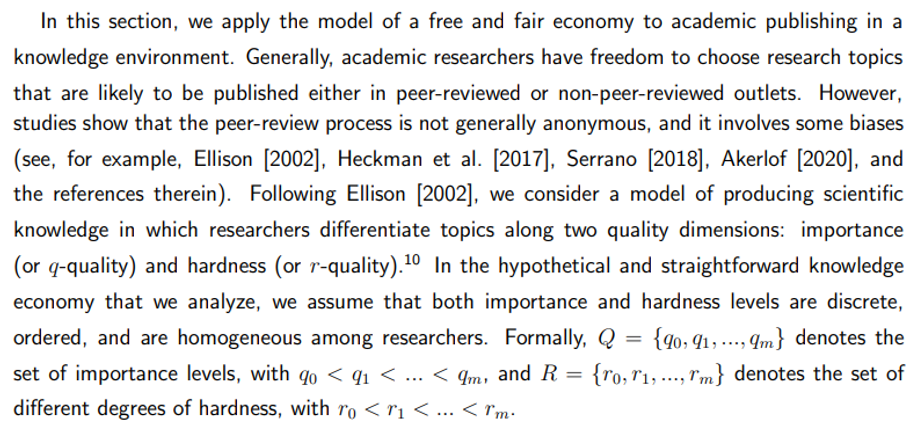Opera on Tuesday has launched an artificial intelligence-powered browser known as Neon. It claims the browser does more than merely display search results to its users; it can also run code inside web pages.
With the launch, the Norwegian software company enters a direct battle with an increasing number of businesses attempting to move the internet towards what some refer to as the agentic web.
The company sees Neon as a tool for productivity
With its early access launch on Tuesday, the new browser is marketed as more than just a web page window. Opera claims Neon is able to write code inside the browser itself, compare data from several websites, and fill forms.
Opera is marketing Neon as a tool that makes the browser a personal assistant at work. Neon Do, a crucial feature, enables the program to navigate pages, click links, and complete activities without requiring human guidance. It emphasizes that this all occurs locally on the device, so personal data stays put, in contrast to many cloud-based AI technologies.
Opera is offering Neon as a subscription-based product as it wishes to appeal to professionals and frequent internet users. In its announcement, the company stated that Opera Neon was its first fully agentic browser.
Agent-driven software experiments have suddenly swamped the browser space. The Browser Company, the company behind Arc, introduced Dia earlier this year, while Perplexity AI released its Comet browser.
Additionally, according to reports, OpenAI is working on a Chromium-based AI browser that might include an “Operator” agent that enables payments, shopping, and searches via a chat interface, as previously reported by Cryptopolitan.
Opera wants to stay ahead of competition
Opera maintains that it has an advantage. According to the report, Neon’s technology has been in development for two years, and an early version known as Browser Operator was released in March.
Features designed for work include the three pillars of Chat, Do, and Make forming the foundation of Neon’s design. Users can ask the AI to summarize or study stuff in a similar manner to how they would with a chatbot.
With the Do function, the browser handles tedious or tedious chores like filling out forms or making reservations. Opera’s European-hosted “cloud computer,” which can divide large jobs into smaller ones and do them in the background, is the foundation of the last component, Make.
Opera offers the creation of a simple website, a brief game prototype, or a study report when the user is not online, as examples. Awaiting the return would be the results.
Additional components include Cards, which are templates that automate repetitive queries, and Tasks, which establish independent workspaces for managing many sources simultaneously. According to Opera, all of this enables users to modify or stop the AI’s actions at any time.
Since its 1995 founding in Oslo, Opera has amassed a consistent user base of over 300 million across both desktop and mobile browsers. It has increased its share price on the US market by concentrating on AI-powered products during the last three years.
In order to draw consumers in Europe, where authorities are tightening regulations regarding data use, the company is placing a significant wager on privacy. Opera contends that Neon avoids the dangers of information being transmitted to external servers by keeping the majority of processes on-device.
“Gone are the days when the lack of technical know-how was a complete blocker to what you could create on the web,” the company said.
Want your project in front of crypto’s top minds? Feature it in our next industry report, where data meets impact.
Source: https://www.cryptopolitan.com/opera-unveils-neon-an-ai-powered-browser/


